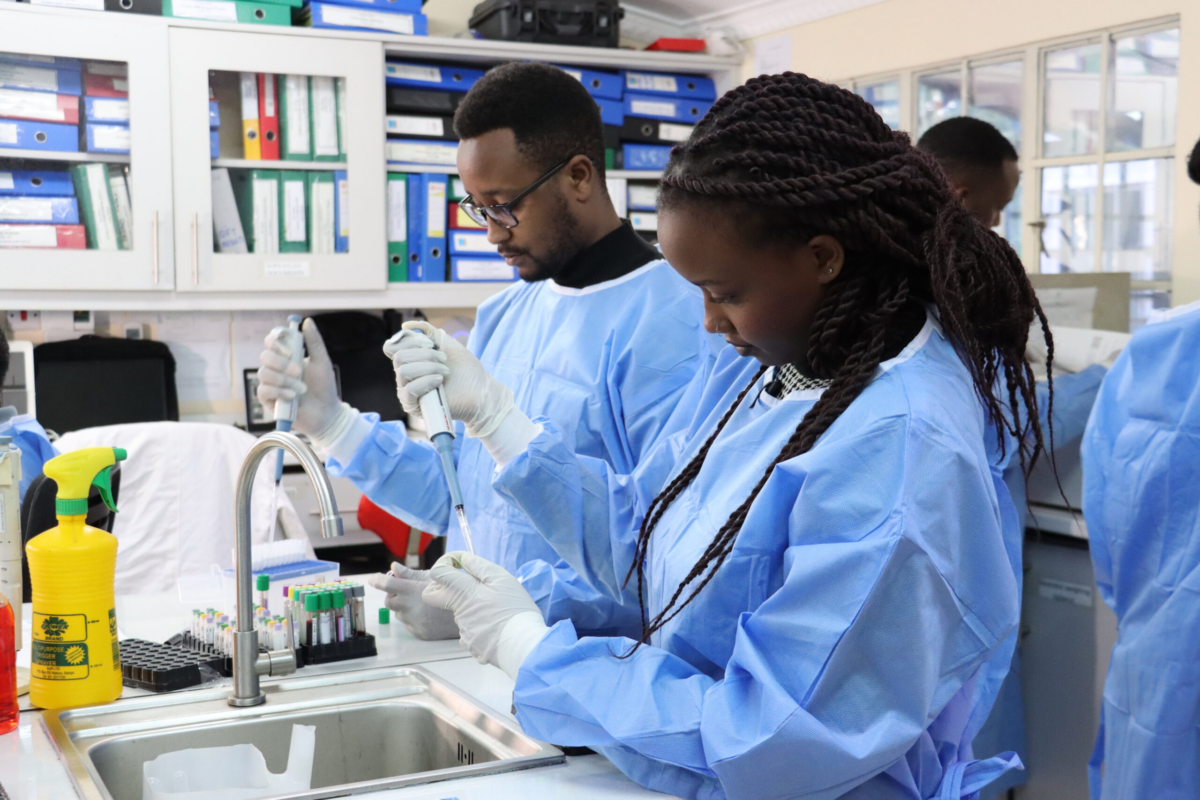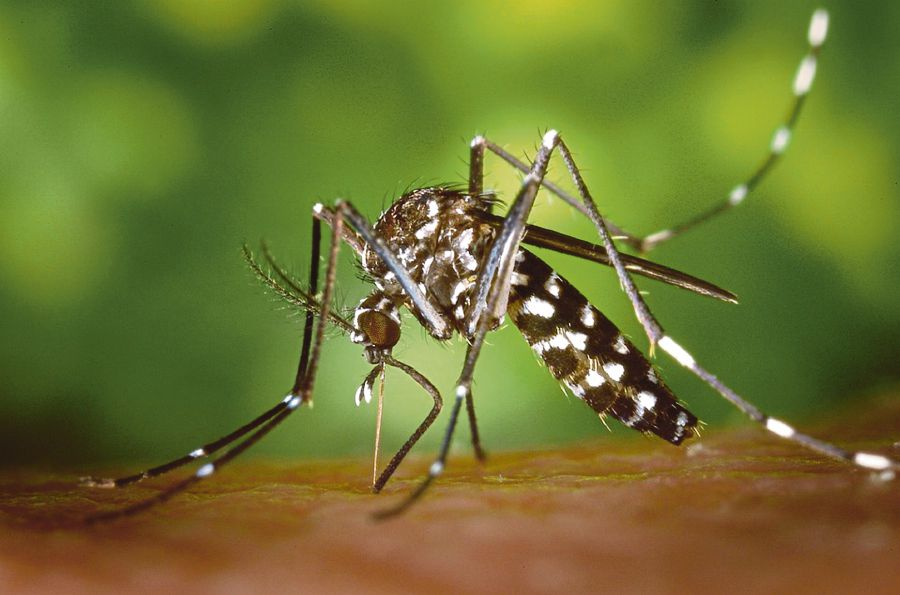A recent breakthrough in the fight against malaria brings renewed hope to Africa, the continent bearing 96% of global malaria cases and deaths. A new drug developed by the Kenya Medical Research Institute (KEMRI) has shown potential in reducing malaria infections, particularly among pregnant women living with HIV.
The Malaria Problem
Each year, Sub-Saharan Africa reports 1 million cases of co-infection with malaria and HIV during pregnancy. In Kenya alone, nearly 6.7 million clinical cases of malaria are reported annually, putting 70% of the population at severe risk. Read Also: Viral Eye Infection, Conjunctivitis, Sweeps Across Coastal Kenya
The existing WHO-preferred malaria prevention method for pregnant women with HIV — the daily administration of co-trimoxazole, an antibiotic — faces growing challenges due to increasing resistance to the drug in sub-Saharan Africa. The absence of alternative or additional preventive treatment thus far has been a significant concern.

A Better Solution?
However, KEMRI, together with Liverpool School of Tropical Medicine, and two Malawian universities, embarked on an extensive research journey to develop alternative solutions. They found that the drug was well-tolerated and could potentially be used for malaria prevention.
Drug to Lower Malaria rates for Pregnant Women with HIV
The team conducted a study involving 904 participants, comparing the efficacy of adding monthly dihydroartemisinin-piperaquine to daily co-trimoxazole versus a control group that only received co-trimoxazole. The findings were astounding.
“We found that pregnant women who received the combined treatment had 68% less malaria during pregnancy than women who received the standard of care with daily co-trimoxazole alone,” Dr. Hellen Barsosio, a clinical research scientist from KEMRI stated. Read Also: Gastrointestinal Disorders: Symptoms and Prevention Tips
Breakthrough in Malaria Treatment
KEMRI CEO Elijah Songok emphasized the significance of this development stating “We celebrate these findings that propose additional arsenal against a disease that risks about 70% of our population. Malaria in pregnancy can cause serious health complications, including miscarriage, stillbirth, pre-term delivery, and growth restriction of newborn babies, and co-infection with HIV doubles these risks.”
This breakthrough is a beacon of hope for improving maternal and newborn health in Africa. As additional trials are underway in Gabon and Mozambique, the world anticipates that the successful implementation of this new drug regimen will dramatically impact the lives of millions, transforming the landscape of maternal and child health in malaria and HIV prevalent regions.
Bottom Line
The discovery and successful initial trials of dihydroartemisinin-piperaquine as an adjunctive preventive treatment for malaria among pregnant women living with HIV indicate a potential paradigm shift in the management of malaria in sub-Saharan Africa. By reducing the instances of malaria in this high-risk group, we edge closer to alleviating the heavy disease burden that impedes the region, promising healthier futures for mothers and children and bracing the broader public health initiatives against malaria and HIV.



